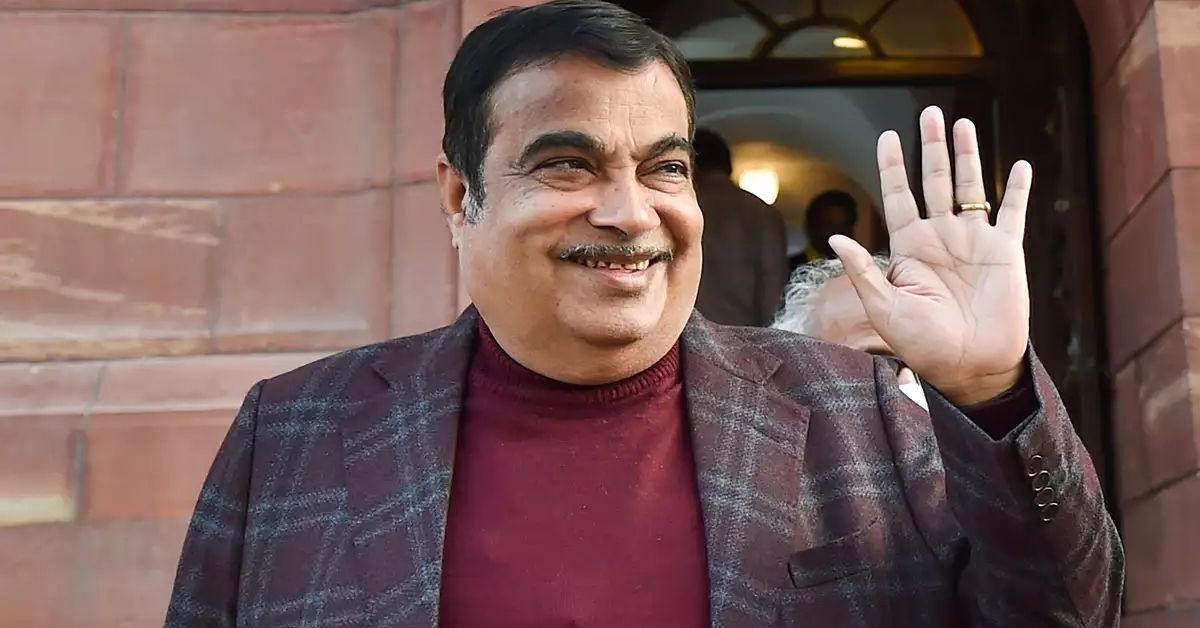Union Minister for Road Transport and Highways Nitin Gadkari has announced that India’s logistics cost will drop to single digits by the end of 2026, a development he said will significantly enhance the country’s export competitiveness.
Speaking at an event in New Delhi on Sunday, where Prime Minister Narendra Modi inaugurated two major National Highway projects worth nearly ₹11,000 crore, Gadkari said ongoing infrastructure upgrades will sharply reduce logistics inefficiencies that currently inflate transportation costs.
“India’s logistics cost today stands at around 14–16% of GDP, compared with 8% in China and about 12% in Europe and the United States,” Gadkari noted. “I assure the Prime Minister and the nation that by the end of 2026, our logistics cost will come down to single digits. This will be a game changer for our exports and make India globally more competitive.”
The event marked the inauguration of the Delhi section of the Dwarka Expressway and the Urban Extension Road-II (UER-II)—both key components of the government’s effort to decongest the National Capital Region (NCR) and streamline freight and passenger movement.
The 10.1-km Delhi stretch of the Dwarka Expressway, developed at a cost of ₹5,360 crore, is designed to provide multi-modal connectivity to Yashobhoomi Convention Centre, Delhi Metro’s Blue and Orange Lines, the upcoming Bijwasan railway station, and the Dwarka Cluster Bus Depot. Prime Minister Modi had earlier inaugurated the 19-km Haryana section of the expressway in March 2024.
The Prime Minister also dedicated to the nation the Alipur–Dichaon Kalan section of Urban Extension Road-II, along with new link roads to Bahadurgarh and Sonipat, built at a cost of ₹5,580 crore. The project is expected to ease traffic congestion on Delhi’s Inner and Outer Ring Roads and key bottlenecks such as Mukarba Chowk, Dhaula Kuan, and NH-09, while improving connectivity to industrial zones in NCR.
“With these projects, the people of Delhi-NCR will experience a major reduction in congestion,” Gadkari said. “I believe these highways will cut traffic jams in the capital by nearly 50%, offering immense relief to commuters and supporting faster movement of goods.”
Officials said the new corridors form part of the Centre’s broader plan to develop an integrated, high-efficiency logistics network that will lower costs, boost exports, and advance India’s goal of becoming a global manufacturing hub.










